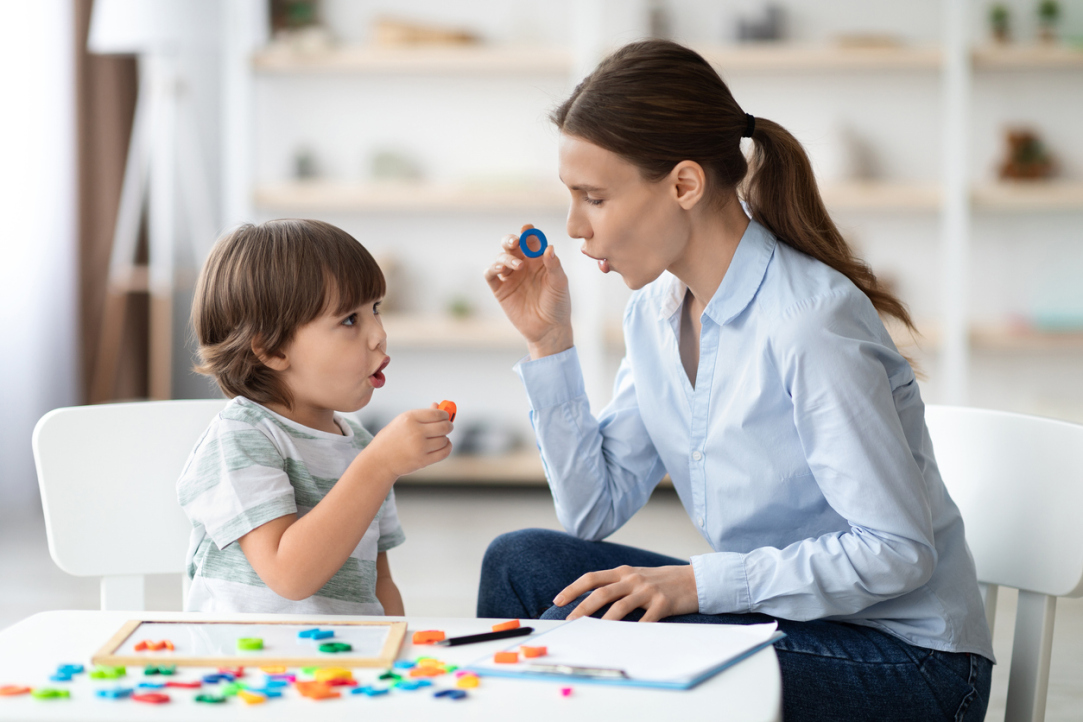
Spelling Sensitivity in Russian Speakers Develops by Early Adolescence
Scientists at the RAS Institute of Higher Nervous Activity and Neurophysiology and HSE University have uncovered how the foundations of literacy develop in the brain. To achieve this, they compared error recognition processes across three age groups: children aged 8 to 10, early adolescents aged 11 to 14, and adults. The experiment revealed that a child's sensitivity to spelling errors first emerges in primary school and continues to develop well into the teenage years, at least until age 14. Before that age, children are less adept at recognising misspelled words compared to older teenagers and adults. The study findings have beenpublished in Scientific Reports .

HSE Researchers Demonstrate Effectiveness of Machine Learning in Forecasting Inflation
Inflation is a key indicator of economic stability, and being able to accurately forecast its levels across regions is crucial for governments, businesses, and households. Tatiana Bukina and Dmitry Kashin at HSE Campus in Perm have found that machine learning techniques outperform traditional econometric models in long-term inflation forecasting. The results of the study focused on several regions in the Privolzhskiy Federal District have been published in HSE Economic Journal.

Ruthenium Complexes Can Accelerate the Development of New Medicines
A group of scientists at INEOS RAS, HSE University, and MIPT have synthesised catalysts containing a ruthenium atom and an aromatic ring. The scientists have isolated the mirror forms of these catalysts and investigated their effectiveness in producing heterocycles, which are commonly found in the structures of drugs. The research findings have been published in Chemical Communications.

Connecting Space and Time: Bilinguals Associate Time with Space in Both Their First and Second Languages
An international team of researchers including scientists at HSE University investigated how bilingual individuals associate time with space. It turns out that in both their first and second languages, people associate the past with the left side of space and the future with the right. In fact, the higher the proficiency in a second language, the more pronounced this relationship becomes. The study findings have been published in Scientific Reports.

Meditation Can Cause Increased Tension in the Body
Researchers at the HSE Centre for Bioelectric Interfaces have studied how physiological parameters change in individuals who start practicing meditation. It turns out that when novices learn meditation, they do not experience relaxation but tend towards increased physical tension instead. This may be the reason why many beginners give up on practicing meditation. The study findings have been published in Scientific Reports.

HSE Scientists Create Imperceptible but Robust Digital Watermark
HSE scientists have developed an algorithm to protect digital images, significantly enhancing the security of multimedia data on the internet. The algorithm embeds watermarks into images; these watermarks are invisible to the human eye and capable of resisting various attacks. The results of the study have been published in Computers and Electrical Engineering.

Reinforcement Learning Enhances Performance of Generative Flow Networks
Scientists at the AI Research Centre and the AI and Digital Science Institute of the HSE Faculty of Computer Science applied classical reinforcement learning algorithms to train generative flow networks (GFlowNets). This enabled significant performance improvements in GFlowNets, which have been employed for three years in tackling the most complex scientific challenges at modelling, hypothesis generation, and experimental design stages. The results of their work achieved a top 5% ranking among publications at the International Conference on Artificial Intelligence and Statistics AISTATS, held on May 2-4, 2024, in Valencia, Spain.

People in China and Japan Demonstrate a Higher Risk Propensity than Russians
An international team of authors, including researchers at HSE University have examined decision-making by nationals of 11 countries. It turns out that people universally tend to make more mistakes when confronted with the need for quick decision-making and expected to weigh the pros and cons of available options on their own. However, when the advantages and disadvantages of each option are known to them, the behaviour of individuals from different nationalities varies depending on their cultural level of risk aversion. The paper has been published in Nature Human Behaviour.

Boundaries between Developmental Language Disorders and Typical Performance Blurred in Young Children
A new study by researchers at the HSE Language and Brain Centre and the Institute of Linguistics of the Russian Academy of Sciences can change the current understanding of language acquisition in young children, revealing that the boundaries between typical performance and developmental disorders are not as clear-cut as previously believed. Having tested more than 100 Russian-speaking children between the ages of 4 and 7, the researchers discovered that some children diagnosed with developmental language disorders (DLD) performed on par with their peers who did not have speech and language diagnoses. The study has been published in the Journal of Speech, Language, and Hearing Research.
.jpeg)
Football Players Cover Greater Distances During Critical Derby Matches at Home Arena
Researchers at the HSE Faculty of Economic Sciences examined the level of effort that professional football players are willing to exert during a match in absence of financial incentives. It appears that the primary factors driving players to strive harder for victory are the strength of the opponent and the significance of the match for the club. This is particularly noticeable in derby matches between teams from the same city, such as the Moscow derby between CSKA and Spartak on April 25, 2024. The study has been published in the Journal of the New Economic Association.

